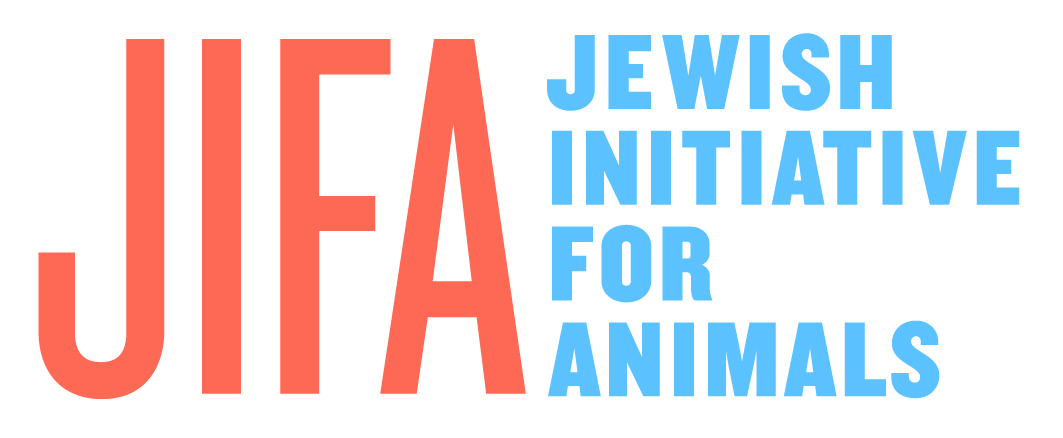SHOPPERS MISTAKENLY BELIEVE KOSHER IS BETTER FOR HUMAN AND ANIMAL HEALTH New Study Reveals the Extent of Kosher Humanewashing





 Denver, CO
|
October 29, 2021 07:00 AM Eastern Daylight Time
Denver, CO
|
October 29, 2021 07:00 AM Eastern Daylight Time
More than 40% of all food products found in U.S. supermarket aisles have kosher certification. According to the results of two national surveys released by Farm Forward, 40% of adults agreed that a kosher label guarantees an animal “was treated humanely during its life.” Three out of four Americans purchase kosher out of concern for food safety, thinking there is a higher health standard. The new survey results highlight many misbeliefs consumers have about what a kosher label means.
“Virtually all kosher and non-kosher meat, poultry, dairy, and eggs come from animals raised on factory farms, yet the perception of kosher as better persists in kosher shoppers’ minds,” said Melissa Hoffman, Director of Jewish Initiative for Animals (JIFA). “This phenomenon is called kosher humanewashing.”
Key Findings
|
Consumer Expectation of Kosher Certification
Kosher certifications wield significant humanewashing and healthwashing power among adults. A high percentage of Americans trust kosher to mean that a product is of superior quality, despite the fact that all animal products in grocery stores come from the same factories as conventional. Previous survey work demonstrates 79% of Americans are committed to broad anti-cruelty principles such as ensuring outdoor access. However, kosher-certified animal products often fall short of consumer expectations, including guaranteeing animals have regular access to outdoor pasture.
Proof
The new data confirms what JIFA has inferred from previous research that shows people think kosher food is inherently better, whether that’s from a perspective of food safety, health, or overall quality. Consumers extend this belief to the way farmed animals are bred and raised.
The two identical online surveys, conducted by Survey USA August 4-9, asked people about their purchasing behaviors and understanding of kosher labels on animal products. The general population survey size was 1,500 adults, while the Jewish-specific survey had 500 Jewish adult respondents.
Get Involved
More than 200 Jewish leaders are responding to this issue by urging communities to adopt better food practices. Join the effort by sharing the leaders’ pledge on JIFA’s website jewishinitiativeforanimals.com/kosher.
About JIFA
The Jewish Initiative for Animals (JIFA) supports innovative programs to turn the Jewish value of compassion for animals into action while building ethical and sustainable Jewish American communities in the process. JIFA is an initiative of Farm Forward.
Contact Details
Susan Peters
+1 708-759-7175